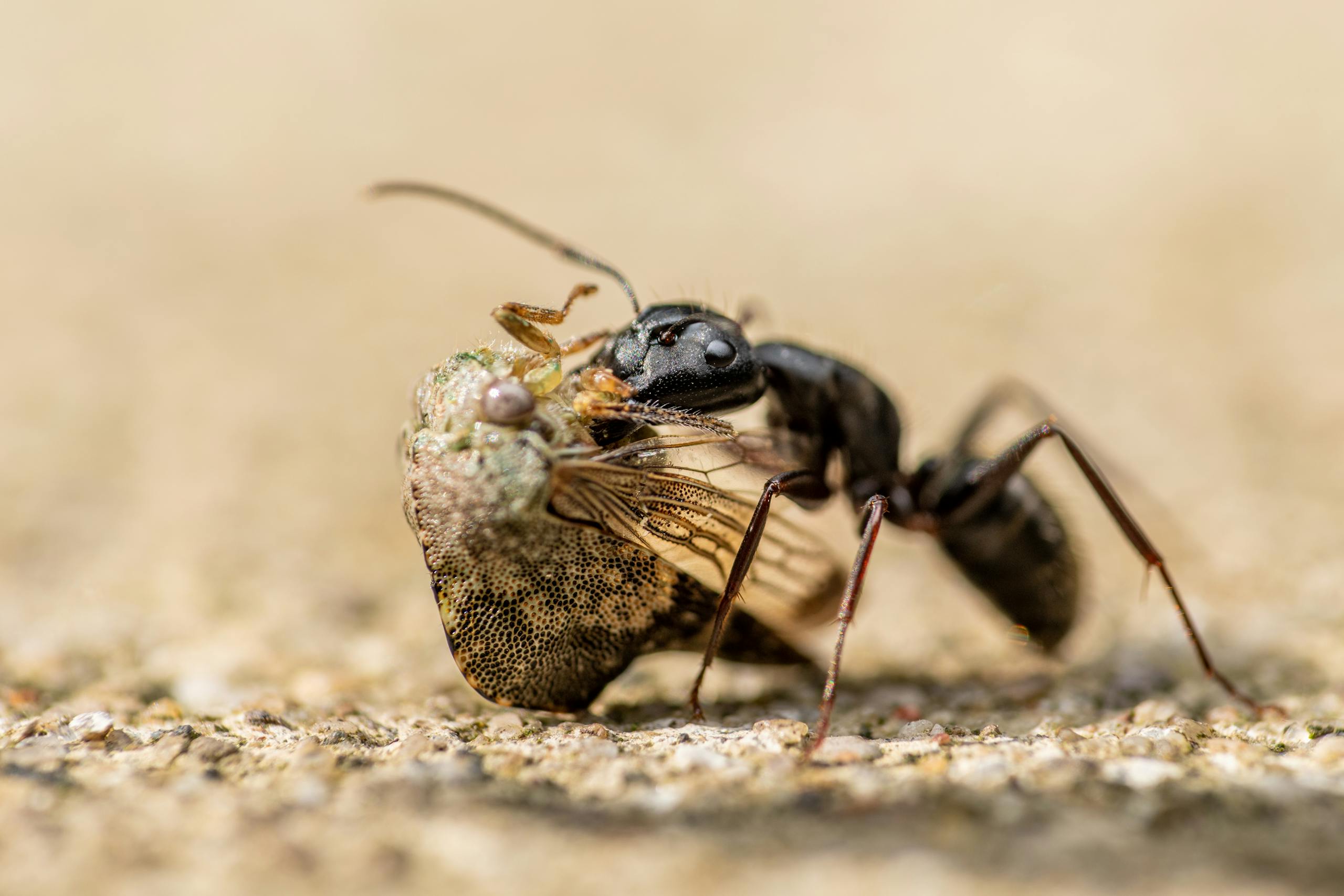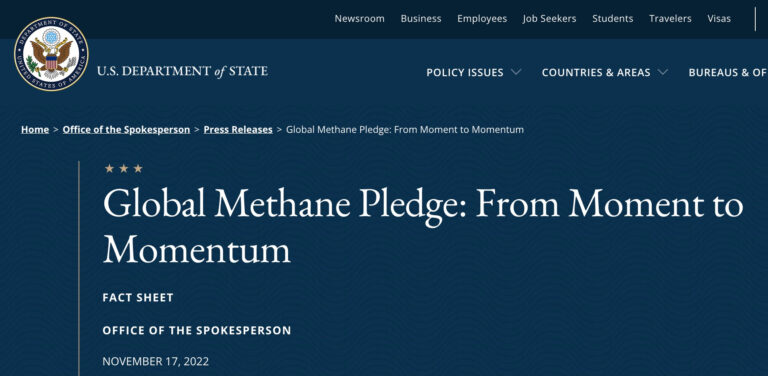By ANH-USA On 08/31/2023
The government is making decisions about genome-edited food that prevent consumers from identifying it, exposing us to potential risks. Action Alert!
Did you know that meat from a genome-edited (GE) cow could soon be in grocery stores, and it wouldn’t be distinguishable from other meat? That’s because it will likely not need to be labeled as being GE (or “bioengineered” to use the USDA’s term). Worse, the FDA has cleared this product with only cursory oversight because it believes the GE cows to be “low-risk.”
This is a betrayal of consumers’ right to know about the contents and origins of their food and a failure to adequately protect public health. If you’re like us, you’d want an abundance of evidence showing that the safety profile of GE and non-GE meat were equivalent before they were freely sold to the public without any labeling to separate them. We’d also want plenty of studies verifying long-term safety. Unfortunately this is not the approach taken by the federal government.
The only thing that we know can stop the FDA continuing on its mistaken path which assumes bioequivalence of GE and non-GE food is “us.” The great us: the American public. We have to fight back and call for more stringent oversight of GE food.
Speeding up approvals for industry’s sake
Last year, the FDA cleared meat from GE cattle to enter the marketplace. It was the fourth approval of a GE animal in the past three years, a significant uptick compared to three approvals in the prior 11 years.
This accelerated pace looks, to us, like a clear signal that the FDA wants to serve the interests of Big Ag and Big Biotech, not the public. Last year, these special interests complained in a letter to USDA Secretary Tom Vilsack that the FDA was taking too long to approve GE animals, arguing for the USDA to take over their regulation. You can see why: the USDA approved dozens of GE plants for cultivation since the mid-1990s; in 2020, the agency even released a rule that exempted many GE crops from review.
© [New Wave of Frankenfoods, Coming to a Store Near You, 2023] ANH-USA. This work is reproduced and distributed with the permission of ANH-USA.








